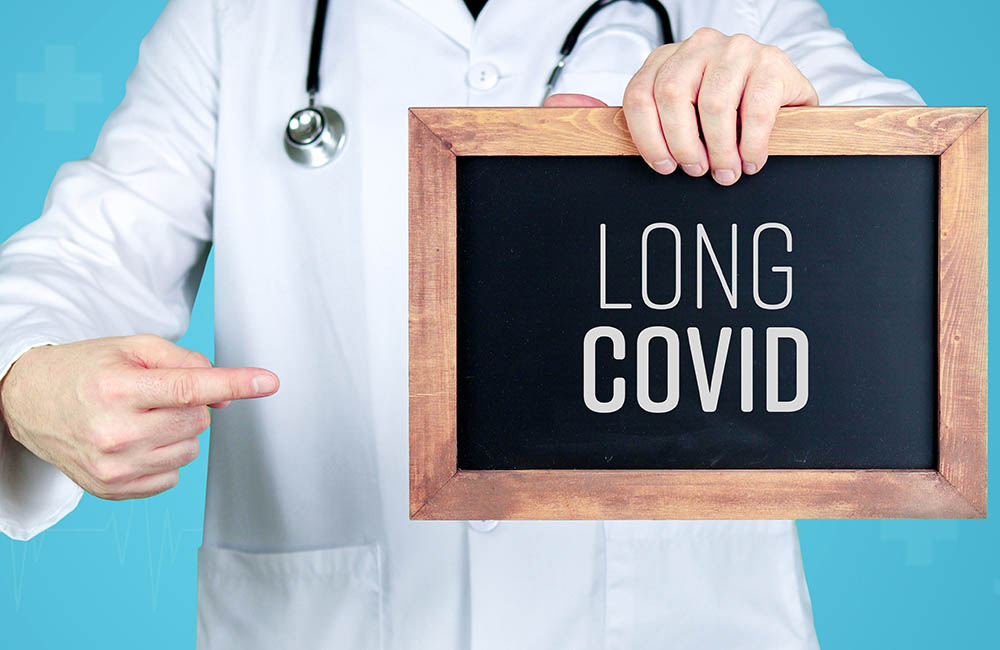Participants wanted for study on fatigue after COVID-19
Neuroscientists at the University Medical Center Magdeburg are investigating the influence of non-invasive electrical stimulation on patients with long-COVID-related fatigue.
The Department of Neuropsychology at the Department of Neurology at Otto von Guericke University Magdeburg is conducting a study to investigate whether transcranial electrical stimulation could be an effective treatment for cognitive fatigue in patients with long-COVID. The research team is looking for test subjects who have been suffering from cognitive/mental fatigue for at least one month and can provide evidence of a positive SARS-CoV-2 test at least three months old.
Long-COVID refers to long-term health problems following a coronavirus infection. Fatigue, concentration and memory problems are among the most common complaints.Although many sufferers suffer from fatigue and this often leads to retirement, there is no effective treatment method to date.
Transcranial direct current stimulation (tDCS) is seen as a promising option. This non-invasive method aims to influence the excitability of certain areas of the brain. The study will compare the actual effect of the stimulation with a placebo stimulation. Participants will be randomly assigned to one of the two groups and will not be informed of their assignment during the study. The aim of the study is to record not only subjective feelings but also objectively measurable parameters in order to gain a better understanding of fatigue symptoms and to research future treatment methods in a more targeted manner.
The study begins with a stimulation appointment at the clinic, accompanied by EEG measurements, questionnaires and a blood test. Participants receive instructions and the necessary equipment on site so that they can then carry out 28 further stimulation sessions independently at home.
Persons suffering from additional neurological and/or psychiatric disorders such as depression, anxiety disorders, schizophrenia, etc., who are taking certain medications such as antidepressants, anticonvulsants (antiepileptics), or other substances that act on the central nervous system such as sedatives, opioids, etc., who suffer from epilepsy, or who have certain medical implants such as pacemakers, brain stimulators or cochlear implants are unfortunately not eligible to participate in the study.
Contact for prospective students
Magdalena Mischke, Director of Studies, Department of Neurology, Otto von Guericke University Magdeburg, magdalena.mischke@med.ovgu.de

Symbol photo Long-COVID - © MQ-Illustrations - stock.adobe.com






